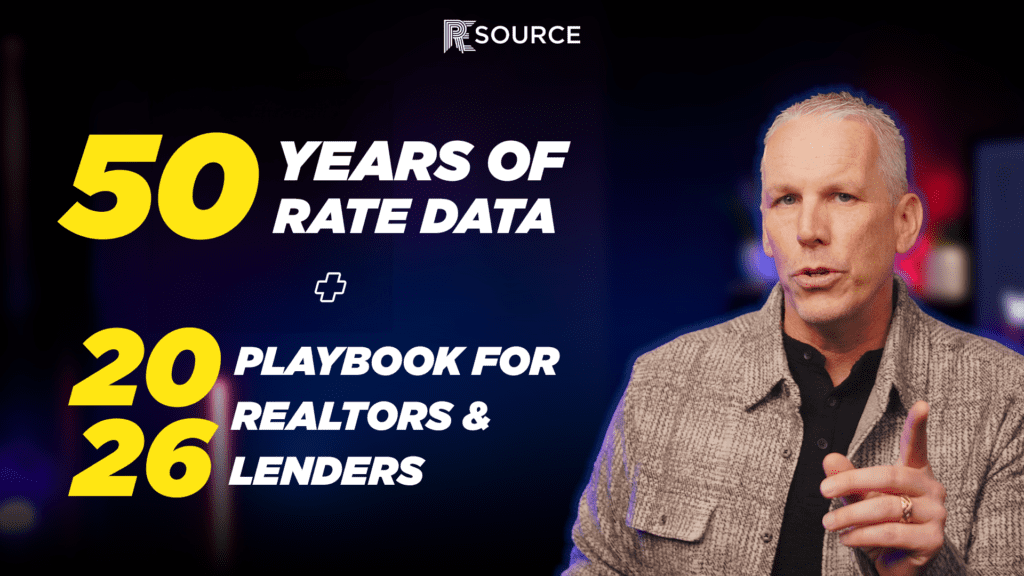🏠 Imagine a world where mortgage approvals are quick, seamless, and powered by the latest tech! In this episode of The RE Source, Ryan Hills breaks down a HousingWire article that inspired a fresh look at the mortgage process. From AI-driven prequalification to blockchain for secure records, we’re exploring what a tech-forward mortgage industry could look like.
Say goodbye to outdated guidelines and hello to innovation!
Whether you’re in real estate, a loan officer, or curious about the future of finance, this episode dives deep into the game-changing ideas that could redefine lending as we know it. Don’t miss out!
Rethinking Mortgages ⬇
1. Enhanced Data Collection and Analysis Integrated Data Platforms: Develop a centralized platform that collects and integrates data from various sources, such as credit bureaus, employment databases, and financial institutions, to create a comprehensive borrower profile. Real-Time Analytics: Use AI to analyze the data in real time, providing lenders with a holistic view of the borrower’s financial health and eligibility.
2. Automated Prequalification and Underwriting AI-Powered Prequalification: Implement AI tools that assess credit scores, income, debt, and spending habits instantly. This can provide potential borrowers with prequalification letters within minutes, enhancing the speed of the process. Smart Underwriting Algorithms: Utilize machine learning algorithms to analyze historical lending data and predict borrower risk, allowing for faster and more accurate underwriting decisions.
3. Risk Assessment and Pricing Optimization Dynamic Risk Scoring Models: Develop advanced risk assessment models that incorporate alternative data sources, such as rental payment history and utility bills, to provide a more inclusive evaluation of borrowers. Personalized Loan Pricing: Use AI to create customized loan pricing based on individual risk profiles, allowing for fairer and more competitive rates.
4. Streamlined Documentation and Verification Document Automation: Implement AI-driven document recognition and extraction technologies to automatically process and verify borrower documents, reducing manual work and human error. Digital Identity Verification: Use biometric technologies and secure digital identity verification tools to streamline the authentication process, enhancing security and efficiency.
5. Transparent Communication and Support AI Chatbots for Customer Service: Deploy AI chatbots to provide instant answers to borrower inquiries, guide them through the application process, and offer personalized loan options based on their profile. Transparent Progress Tracking: Create a user-friendly dashboard for borrowers to track the status of their loan applications, ensuring transparency throughout the process.
6. Post-Closing Support and Education AI-Driven Financial Coaching: Provide borrowers with access to AI-driven financial education platforms that help them understand their mortgages, budgeting, and homeownership responsibilities. Ongoing Engagement: Use CRM systems powered by AI to maintain ongoing communication with borrowers, offering refinancing options or financial advice tailored to their evolving needs.
7. Regulatory Compliance and Reporting Automated Compliance Monitoring: Implement AI tools that continuously monitor and ensure compliance with Fannie Mae guidelines and other regulatory requirements, reducing the risk of errors and penalties. Real-Time Reporting: Utilize data analytics to generate real-time compliance reports, making it easier for lenders to stay informed about regulatory changes and requirements.
🔔 Subscribe for more insights and trends in real estate and finance tech.








